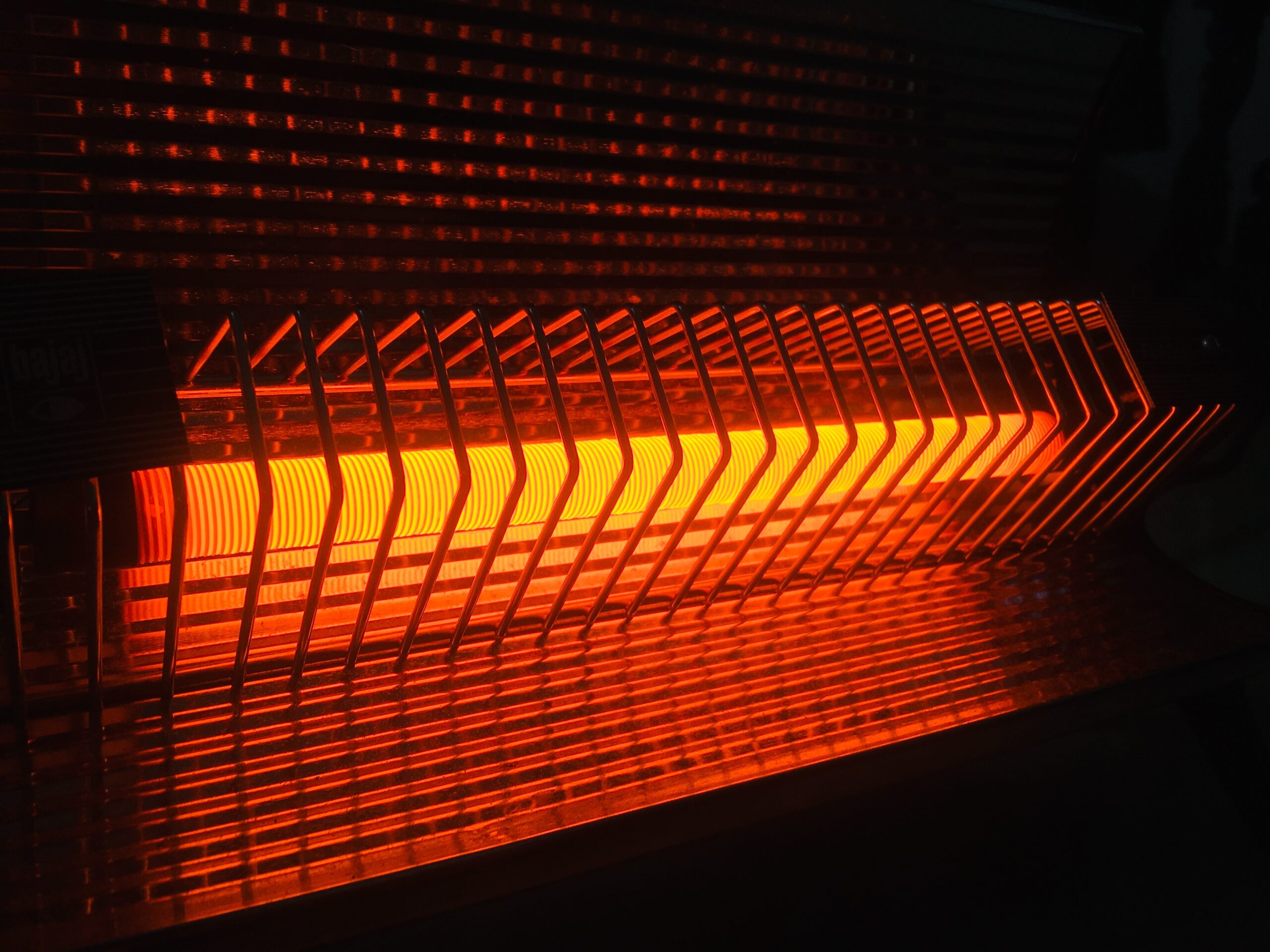Furnaces are the most popular residential heating system in the U.S because they are effective, long-lasting, and can warm a house in even the coldest conditions. However, despite their durability, there will eventually come a time that your furnace will need replacing, and it’s worth doing your due diligence and looking into all the available options rather than simply replacing with a new furnace.
A heat pump is a favorable alternative to a furnace and it’s often the more popular choice in much of the southeastern region of the country, especially in Arizona where, even in winter, temperatures don’t often drop below 45F.
So which is the right solution for your home?
What is a furnace?
A furnace is basically a fuel source—usually oil or natural gas—and a fan. The fuel source burns in a combustion chamber and the hot air is forced through your ductwork and into your home with a fan. A forced-air furnace heats your home through a heating cycle similar to this:
- The fuel source is ignited in the burner.
- The flames heat up a metal heat exchanger and exhaust out of the flue.
- The heat exchanger transfers its heat to the incoming air.
- The furnace’s blower forces the heated air into the ductwork and distributes it throughout the home.
- As the warm air fills each room, the colder, denser air is drawn back into the furnace via the return ducts, repeating the process.
Gas-fired furnaces are very safe and have been used for decades to warm homes. However, as with any home appliances, there are pros and cons to this type of home heating equipment that should be taken into account when deciding if you should replace your furnace or switch to a heat pump.
Advantages of a gas furnace:
- They can last for years and years, often having a longer lifespan than a heat pump.
- They are only used a few months out of the year so maintenance is lower. A heat pump, however, can be used all-round, putting more strain on the equipment.
- A gas-fired furnace has fewer mechanical parts than a heat pump, meaning fewer things to break down or malfunction.
Disadvantages of a gas furnace:
- Furnaces are less energy-efficient than heat pumps, but ideal for homeowners who use natural gas or want warmer air.
- While furnaces have become more energy-efficient over the years, homes with a furnace also require a separate air conditioning unit to cool the house, adding to the overall costs of the system.
- Furnaces require an extensive ventilation system, which can increase the cost in a home not already outfitted for this need.
- As with any gas appliance, there is always a small risk of a gas leak that could result in an explosion or fire.
- The products of gas combustion can result in dirtier air and poor indoor air quality in the home—something that is not an issue with a heat pump.
What is a heat pump?
The biggest difference between a furnace and a heat pump is that a furnace heats your home through combustion, while a heat pump extracts heat from the outside air (even if it’s cold) to move warm air through your home more slowly. Unlike a furnace, a heat pump does not require fuel to generate heat—it is an electrically powered system.
Think of a heat pump as an air conditioning unit in reverse—when it is in AC mode, it works by removing the warm air from your home and replacing it with cooler air, but to heat your home it pumps hot air into your home instead of removing it.
Advantages of a heat pump:
- Heat pumps are ideal for homeowners in Arizona. Winters are milder, however, a home heat source is needed as the state is still susceptible to short periods of cold weather.
- One of the top advantages of a heat pump over a furnace is that a heat pump can work as both a heating and cooling system by switching the direction of operation so separate furnace and AC units are not needed.
- Homes that currently operate with an electric furnace can easily switch to a heat pump with very little disruption and cost because heat pumps also run on electricity.
- Heat pumps do cost more than either a furnace or standard AC alone, but when a heat pump replaces both, it’s a much more cost-friendly solution.
- Heat pumps consume less energy. In fact, according to the U.S. Department of Energy, a home can save $300 or more annually with a heat pump compared to an electric furnace.
- Heat pumps are quieter than furnaces.
- There is no risk of carbon monoxide poisoning with the use of a heat pump.
Disadvantages of a heat pump:
- The biggest disadvantage of a heat pump is that in periods of extremely cold weather, a heat pump is not as effective as a furnace at heating a home.
- If you already have a gas furnace and you aren’t also considering putting in a new AC as well, it’s probably best to stick with a new natural gas furnace rather than changing to a heat pump. While natural gas prices remain low it will take a number of years for the energy savings of a heat pump to pay for the added installation cost.
Homeowners in Arizona have the option of a furnace or a heat pump as the Winter weather is not as extreme as other parts of the country. Determining when a heat pump makes more sense over a furnace depends on the size of your home, what equipment is already in place, and how well insulated and sealed it is. When a home is large, older, or poorly insulated, a heat pump can struggle to heat the home efficiently.
RP Gas Piping is a leading Arizona natural gas installation company. We ONLY install natural gas piping, propane systems, and related products so you are sure to get the safest, best, and most expert installation. We are proud to have helped countless homeowners achieve and maintain comfort with new heating systems, and we are committed to ensuring you receive the comfort you deserve. For all of your new heating equipment needs, we look forward to assisting you. Get in touch for an estimate.
Enjoyed this article? Here are three more that will be of interest to you:
Electricity Vs Natural Gas: Which is greener?


